Phil Shekerlian is a top attorney and senior partner here at our firm and crafted an important blog on your trust planning.
When the Trust Is Triggered
When John and Marlene Anderson set up their living trust twenty years ago, they thought their planning days were behind them. They had done the “responsible thing” — created a revocable trust, named their children as beneficiaries, and made sure their home and investment accounts were properly titled.
But when John passed away last spring, their daughter Emily — the newly appointed successor trustee — quickly realized how much work truly begins after a trust becomes active.
“I thought everything would just transfer automatically,” she told our firm. “Instead, I was suddenly managing real estate, dealing with banks, talking to accountants, and trying to make sure my siblings didn’t feel left out of the process.”
Emily’s situation is one we see all too often. The truth is, trust administration is not automatic — it’s a legal process requiring precision, documentation, and communication. Keep in mind that although trust administration does require these steps, it is far less costly or as complicated as a probate when there is no trust or the trust is not properly funded.
What Really Happens During Trust Administration
When someone passes away, their trust becomes irrevocable. The successor trustee must step in to carry out the terms of the trust — which sounds simple, but involves several critical steps:
1. Notification of Interested Parties:
The trustee must notify all heirs and beneficiaries, as well as any creditors, within a specific timeframe required by state law. Failing to do so can expose the trustee to personal liability.
2. Gathering and Valuing Assets:
Every trust asset — from bank accounts and investment portfolios to real estate and personal property — must be identified, valued, and secured. This often means obtaining appraisals, updating deeds, and confirming title ownership.
3. Tax and Legal Compliance:
The trustee must handle any outstanding income tax returns, possible estate taxes, and ensure compliance with both state and federal law. An attorney helps avoid penalties and coordinate with the CPA,
or if there is no CPA the attorney can prepare the taxes, to minimize tax exposure.
4. Debt Settlement and Expense Management:
Any valid debts of the decedent need to be verified and paid. Trustees must keep meticulous records of these transactions.
5. Distribution of Assets:
Only after all administrative tasks are complete should assets be distributed according to the trust.
The trustee should get a confirmation and release from the beneficiaries once the distribution is made.
Premature distributions are one of the most common (and costly) mistakes trustees make.
The Anderson Family’s Outcome
With proper legal guidance, Emily was able to move through the process smoothly. Our attorneys helped her send the required notices, coordinate asset appraisals, and document every transaction to protect her as trustee.
When it came time to distribute assets — including a family vacation home — we facilitated a family meeting where the siblings could voice concerns and agree on next steps. This proactive communication preserved both family harmony and the trust’s integrity.
By following a structured process, Emily fulfilled her fiduciary duties, closed out her father’s affairs efficiently, and avoided unnecessary taxes and disputes.
Best Practices for Trustees and Families
Whether you’re a trustee, a beneficiary, or simply planning your estate, here are best practices every family should know:
- Engage experienced professionals early. A trust attorney and CPA should guide every major step.
- Document everything. Keep organized records of all trust activities and communications.
- Be transparent. Regular updates to beneficiaries prevent misunderstandings and conflict.
- Avoid shortcuts. Rushing to distribute assets or skipping legal filings can lead to personal liability.
- Plan for your own successor. Your trust should clearly outline who will manage things when you’re gone — and they should understand their future responsibilities.
The Bottom Line
A well-drafted trust is only half the story — a well-administered trust is what truly protects your legacy. Without proper administration, even the most carefully built estate plan can unravel under confusion, tax penalties, or family tension.
Phil Shekerlian, Esq.

